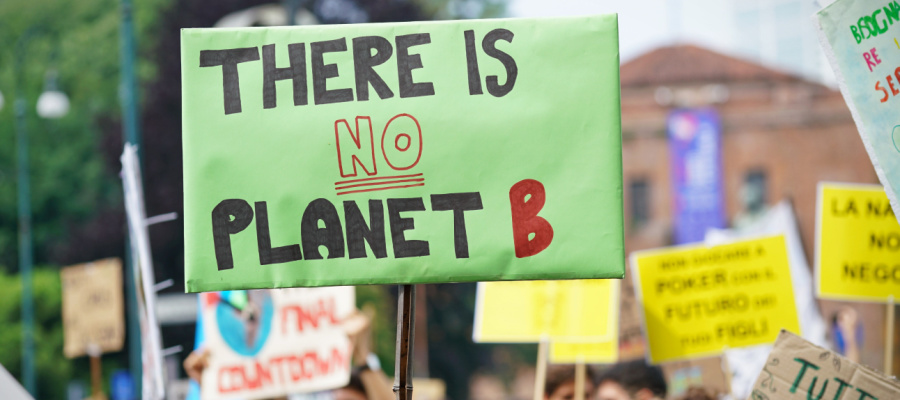And the Question is???
The recently announced Green Energy Task Force reminds me of a story that soft energy path guru Amory Lovins liked to tell. It was about this billboard pronouncing, in giant, biblically bold print, that Jesus is the Answer. Someone, a shameless heathen no doubt, innocently scrawled underneath: but what is the question?
So it is with the Green Energy Task Force. The answer is to unleash all of the green energy potential in the province by identifying and addressing impediments to the development of new power projects — impediments, for example, like BC Hydro’s procurement practices; the oversight of BC Hydro’s plans and purchases by the BC Utility Commission; the resource planning and permitting that the government itself has to do.
There is nothing coy about the answer. It is very clear. But what about the question.
A very sensible question from a public policy point of view would be to ask how BC Hydro and the province can maximize the value of BC Hydro’s hydroelectric reservoir and generating facilities for the benefit of all British Columbians. These are unique and extraordinarily valuable assets — they can provide the back-up, storage and shaping services that utilities throughout North America will increasingly need to complement renewable energy developments. Of course to ask how to maximize the value of these publicly-owned assets is to challenge the very premise of the Task Force mandate — that they should be used to support private power development in the province, the only issue being how that can best be done.
Another very sensible question would be to ask how much so-called green energy development should take place, and at what cost. I would have thought, as Mr Lovins has suggested since the early 1970’s, that the first and foremost green strategy should be to minimize our demand for energy and the amount of new energy project development we require, especially with the economic and environmental cost new projects entail. Green is a nice cover, but virtually all new energy project developments have significant environmental impact. And they are increasingly expensive. Of course to ask this question suggests the need to consider some constraints or ‘leash’ on development — the antithesis of what the Task Force is charged to do.
I recognize that economic development is important in its own right, and a question in that regard could be how that can best be done in a sustainable, socially and environmentally responsible way. Like many economists I favour investment in people — education, training, mobility, social support — to increase the productivity and earning capacity of all British Columbians. Others prefer project investments, like the green energy projects that the Task Force is designed to promote. It is a question of what development economists term intensive versus extensive growth. This is not the place to debate this issue — but asking the question would at least be nice.
I suspect I know the question that the Energy Task Force was created to answer. The problem is it’s just not a very thoughtful one, at least from a public policy point of view.
Topics: Climate change & energy policy, Economy


